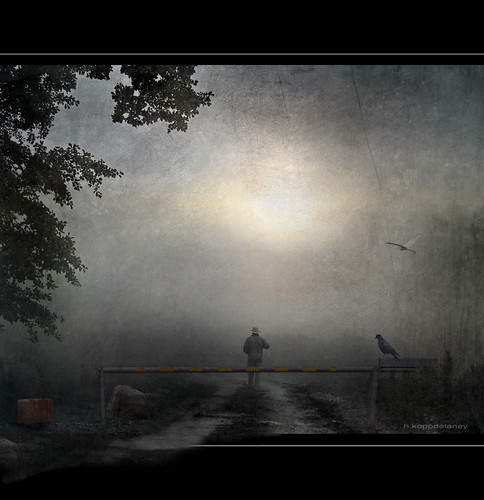A few nights ago, I was eating by myself at a standard American restaurant on Broadway. Whenever I eat alone, I make it a point to bring reading material along to make the waiting go by faster (well, really, whenever I go anywhere I like to bring reading material along).
The waitress asked me what I was reading, and I told her, “It’s a memoir by Julia Child.”
She looked at me blankly. “Who’s that?”
“Oh, you know, Julia Child. She’s famous for bringing French cooking to the U.S.” No recognition. “You know that movie Julie and Julia?” Nope.
It left me wondering if I would have recognized Julia Child’s name before I saw the movie. I hope I would have, but I’m not completely sure. But I’m glad I know it now, because her memoir, My Life in France, written with her grandnephew Alex Prud’homme, is so very charming.

Photo by Kaleb Fulgham
The entire time of the hurricane—the lead-up, the storm itself, and the recovery—I was reading this memoir. The personality of Julia Child fairly oozes from the pages. She gushes away about France, about food, about cooking, and her passion is so obvious from her stories. She recounts so many meals she’s enjoyed in the past, course by course.
Her first meal in France, when she was in her mid-thirties, was what set her on the course to becoming a famous chef. I love this fact so much. Because we never know, do we? We never know when we’re going to have an experience, or meet a person, or learn something new, and have a passion ignited within us. It can happen anywhere and anytime; it’s not something that only happens when we are teenagers or freshly adult, it’s not something that has to be planned carefully, or even something that can be anticipated.
I love this idea, too, because it reminds me that all of life is one big adventure. A new subplot could spin off at any time, or a nice bit of character development could take place, or I could begin my grand romance with pumpkin spice chais. Knowing this makes me feel so lucky to be alive.
By the time I finished reading My Life in France, I’d become very fond of Julia Child. I love her personality, her energy, her courage, and her unwillingness to give up. I love how enthusiastic she was, punctuating the text with Yum! and Hooray! and What fun! I love how her passion for food and cooking helped her through the bad times. I love how she spent a lifetime involved in food and cooking and teaching.
And I love some of her philosophy. When she is leaving her country house in France for the last time, do you know what she remembers saying? “I’ve always felt that when I’m done with something I just walk away from it—fin!” She enjoyed what she had to the fullest while she had it, and then let go when it was over. This isn’t a strong point of my own, but I admire her a lot for thinking it, and more importantly, for living it.
All in all, I can’t imagine a better book for me to be reading in the middle of a hurricane.
What about you? What have you been reading lately?
Read Full Post »









